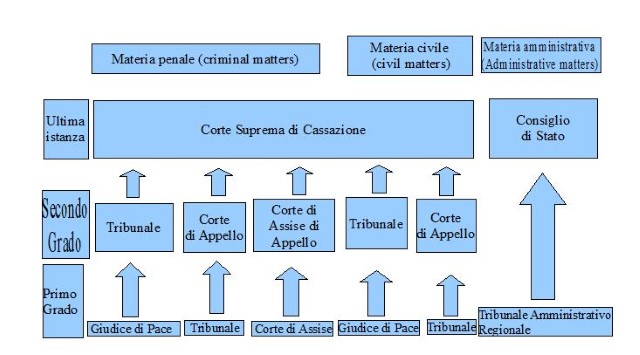
Opizzino or Opizzone (1301), the second son of Federico (1264), was the ancestor of the Marquis and Masters of Villafranca. His widow, Tobia Spinola, guardian of his infant offspring, composed, ordered and established statutes for Aulla and her other territories. (The Statutes of Aulla of 1303 are preserved by Dott. Francesco Raffaelli and by Dott. Lorenzo Ferri of Bagnone).
Municipalities exisited even before the division of the Malaspina territories in 1221. Each had a Consul, four or six Counsellors and a Massaro (farm overseer). The magistracy was made up of a Justice of Appeal (the Marquis), a Podesta (high official) appointed by the Marquis, a Podesta’s Assistant, a Public Notary, a Courier and a Prison Custodian. Each territory had its own Town Hall and all those of the territory formed the General Council.
Regulations and civil rights were laid out in the Second Statute (“Book”), probably a formal codification of longstanding custom and practice. Examples include:
- a woman in possession of a dowry could not inherit from her parents;
- a husband could not donate or leave anything at all in his will to his wife;
- in the sale of real estate, joint owners, distant relatives, neighbours had precedence; and
- unexercised rights to real estate were lost after twenty years.
In the Third Book, were defined the transgressions and crimes punishable by corporal punishment or fines: flogging throughout the territory, banishment for life, decapitation, hanging and burning at the stake, the confiscation of possessions. Murder was punished by decapitation, adultery by a fine of twenty five liras for both men and women, rape by capital punishment, theft, rustling, felling of trees and removal of boundary stones by fines. Counterfeiting was punishable by being burnt alive, perjury by imprisonment and forgery by hanging. The crime of treason led to decapitation.
These Books (four in all), were adopted by the descendents of Federico Malaspina throughout their Territories and Castles with regard to all the Men, Collectives and Communities under their rule.
Source: Adriana G Hollett